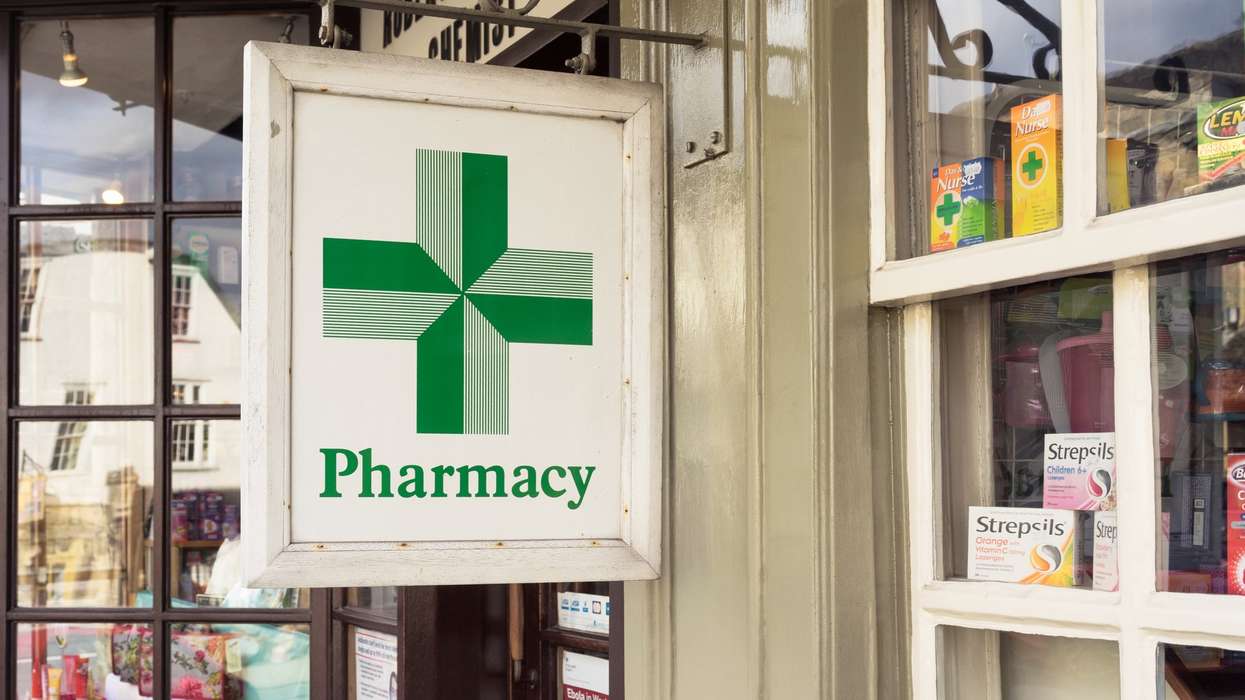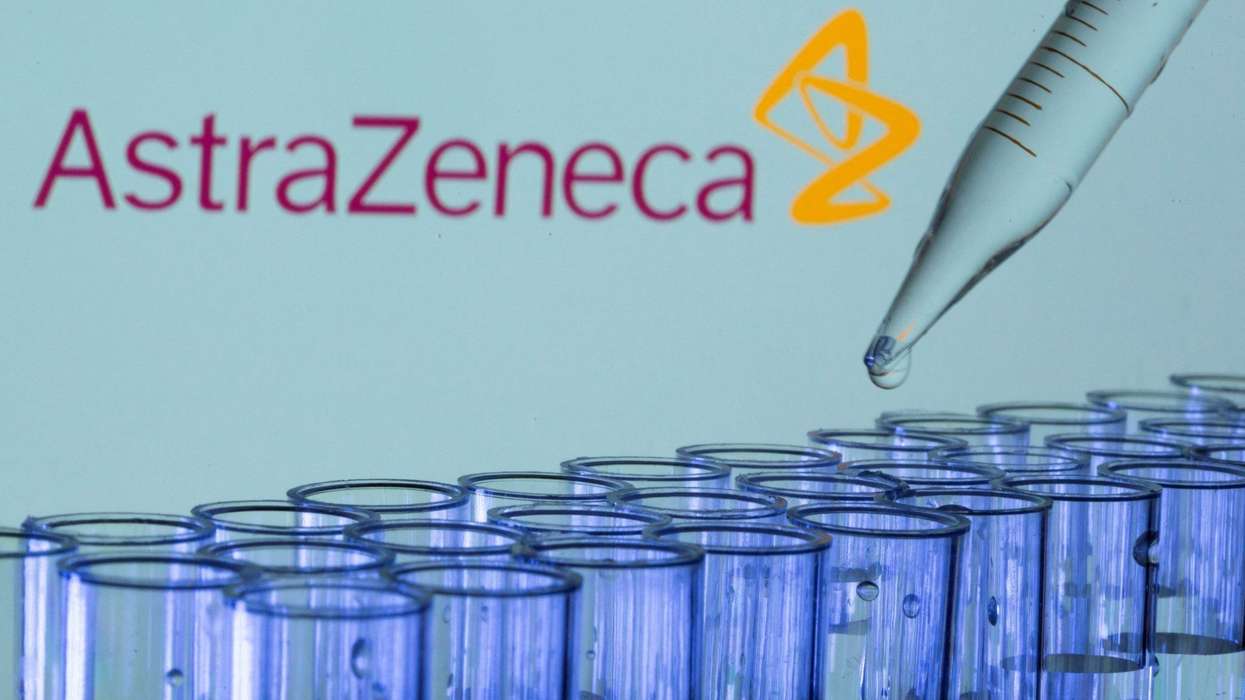Paydens Pharmacy Group, one of the first multiple pharmacies to adopt hub and spoke model last year, revealed that the move has resulted in significant time savings in store.
Centralising dispensing of repeat prescriptions relieves pressure in pharmacy branches and releases time to deliver revenue generating services, the group said.
The group created a hub in Maidstone, Kent, to service its highest dispensing branches. The hub uses Centred Solution’s FLOWRx Hub Auto to dispense their original pack repeat prescriptions. The group put in the first FLOWRx Hub production line in spring 2022 and then added in a second line in the autumn as they increased production and moved more stores to the hub and spoke model.
The innovative solution interfaces with EMIS PMR, Omnicell’s Robotic Dispensing System and Universal Logistics Management software as well as Victoria OS ordering software.
The hub operation runs during the day Monday to Friday and produces an average of 33,289 packs per week for just under 9,000 patients, leaving plenty of scope to ramp up. The hub is currently dispensing 79.7% of repeat prescription original packs requested by the group’s busiest stores.
But it is in the pharmacy branches that the model is really having an impact. A time and motion case study carried out by Centred Solutions and Paydens evaluated the dispensing process in one of the branches before and after the hub and spoke model was implemented. It revealed just how much time can be saved in branch by moving to hub and spoke.
Paydens’ Faversham branch is a busy store serving two local GP surgeries. The branch dispenses an average of 6,425 packs per week. On average, 87% of packs for original pack repeat prescriptions and 48% of all packs dispensed by the branch are now fulfilled by the hub.
The time and motion study found that pharmacists at the branch spend 73% less time on average carrying out clinical and accuracy checks in store. This is because the checking is now done by the pharmacist at the start of the process when the order is sent to the hub. Additional checks are done at the hub using innovative barcode and RFID technology.
It also found that for every prescription, dispensing staff save on average one minute ten seconds picking medication. That’s a time saving of 55 minutes for every 50 prescriptions. They also spend less time walking around the store picking medication, walking an average of one kilometre less for every 120 prescriptions picked.
In addition, there have been time savings when it comes to putting away stock on the shelves. The average number of totes delivered to the store has reduced from an average of seven per day to three. As a result, staff are saving 44 minutes on average every day putting away deliveries, that’s the equivalent of 15 extra blood pressure checks per week.
“We have found that investing in new technology is key to improving healthcare and adapting for the future. By moving to a hub and spoke model we are now enabling our highly skilled, professional staff to provide an even better service to our communities,” comments Alexander Pay, Director at Paydens Pharmacy Group.
“Staff in our busiest branches are no longer wasting their valuable time putting away stock and then re-picking it for labelling and dispensing to patients. These staff are now free to deliver a range of patient facing services from the new medicines service to weight management and stop smoking clinics. We have been able to relieve the pressure in store by reducing the amount of time spent on administrative and logistical tasks. Staff are now spending more time working at the top of their clinical license,” he adds.











